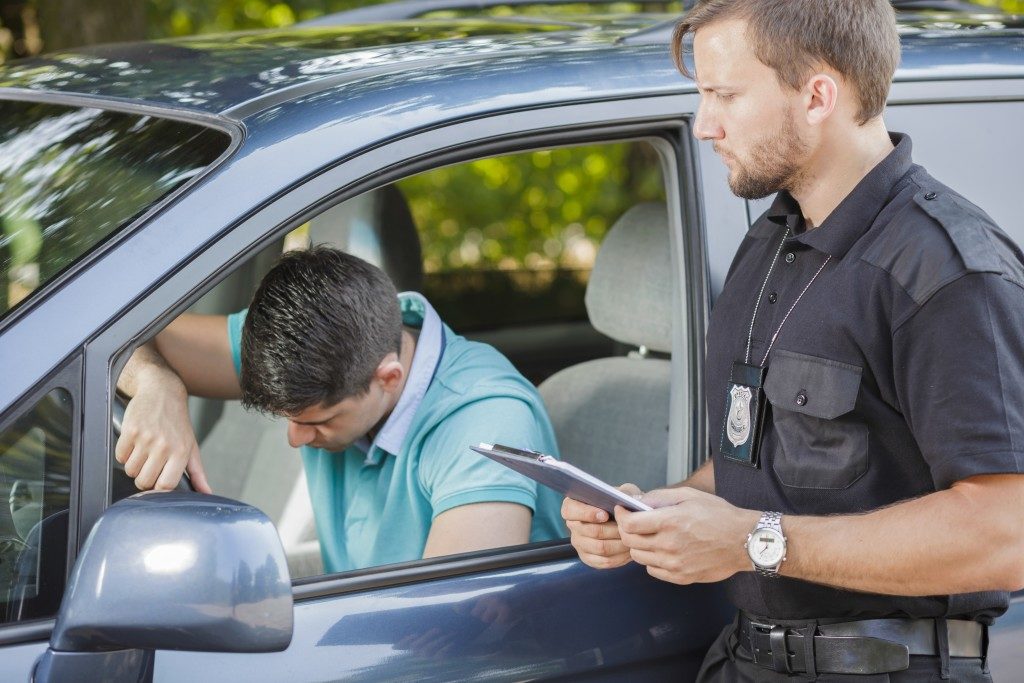Drugged and drunk driving are two terms that are frequently used in police work and legal cases. You may have heard of them as DUI, DWI, OWI or OUI. It is crucial to know, however, the distinct legal differences between DUI and DWI in various states, especially in North Carolina.
DUI vs. DWI
DUI is short for Driving Under the Influence, and DWI is Driving While Impaired. To most people, this sounds quite similar, but in some states such as North Carolina, it is very important to make a distinction.
DUI means a person is driving under the influence of drugs or an unidentified intoxicating beverage. DWI is more severe, as it happens when the driver is driving with alcohol on his bloodstream exceeding the legal limits set by law.
The laws of North Carolina do not offer a distinction between the two and all charges are often treated and filed as DWI case. Regardless of whether the driver is under the influence of drugs, alcohol or unknown intoxicant, it will always be known as DWI.
What is worse?
The state of North Carolina makes no distinction between a DUI and a DWI case. Both will be treated as a DWI. Before 1983, there was a case where the DUI was regarded separate from DWI and DWI was treated as a rather lower crime. However, with the North Carolina’s Safe Roads Act of 1983, every case now falls as DWI.
Commercial vs. private drivers

The law in North Carolina also does not make any distinction if you are a commercial or private driver when it comes to DWI or DUI. But in certain locations as Durham and Chapel Hill, the allowed limit for alcohol is set at 0.4% blood alcohol content (BAC) for commercially categorized drivers. This is the common limit for commercial drivers in almost all states in the U.S.
Sentencing for DWI in North Carolina
In North Carolina, there are various sentencing levels for a specific DWI infraction. One thing is for sure, though. If you are convicted for a DWI case, you will lose your driver’s license. The sentencing will have to depend on the consequences of DWI, age, license kind, and the number of times the DWI offense has been committed.
Penalties for DWI include the following:
- Fine
- Suspension of license
- Revocation of license
- Jail time
- Higher vehicle insurance fees
- Community service
This list is not exclusive and can include lawyer fees, damages and other costs, as well. If you are imprisoned, you will need the services of a bail bondsman in Wake County, NC to help you get of jail at the soonest time possible. But once you are free, the state can still require you to attend a substance abuse or alcohol safety programs.
North Carolina has a zero tolerance for DWI infractions. If you or a friend is facing a DWI charge in this state, the best step you can take is to contact a legal expert to assist you in your case.



